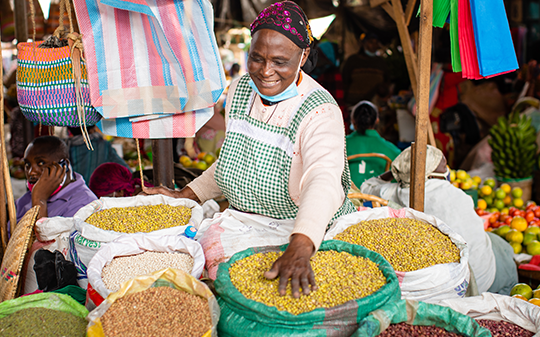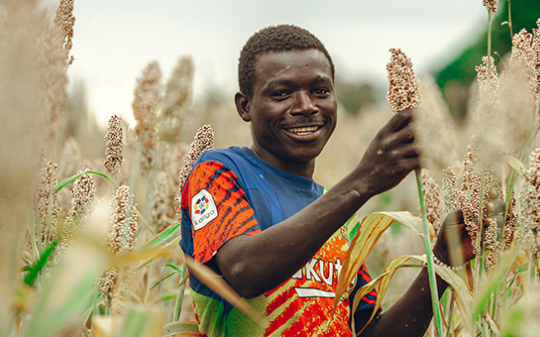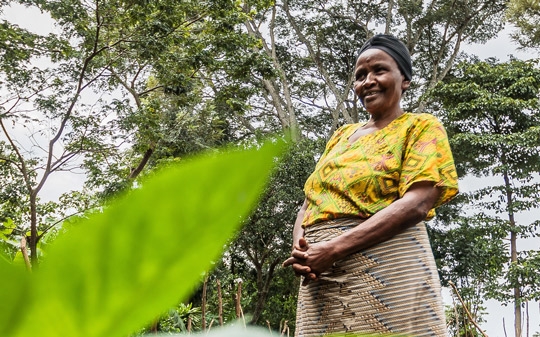Enhancing Value Chains for Underconsumed Foods
All foods are not created equally—some have exceptionally high levels of one or more nutrients that are important to human health, and, if consumed in greater quantities, could contribute significantly to improving dietary quality among population groups most vulnerable to malnutrition. Under this programme of work, GAIN has set out to: identify high-potential foods in the countries where we work; to understand the cultural and economic constraints to higher consumption, and to design and implement integrated solutions that will result in higher consumption. Some of this work includes crop and plant varieties unique to particular settings that are no longer commonly consumed, despite their nutritional value.



